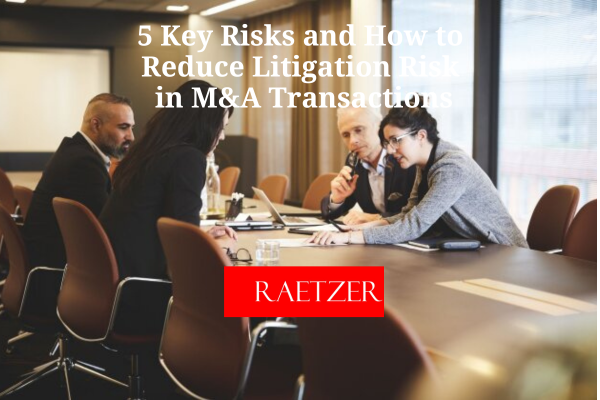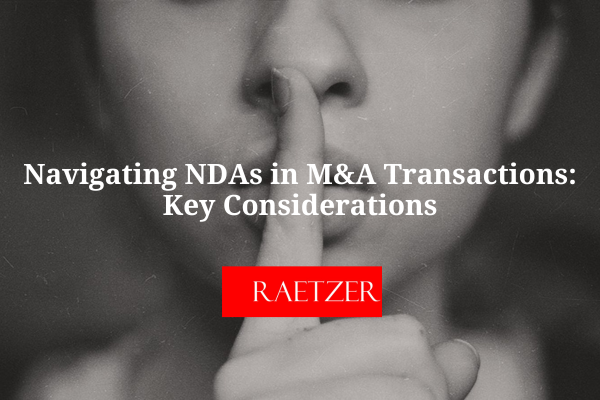Tips for Avoiding Contract Disputes
Contracts aim to establish clear agreements, yet disputes can still arise despite thorough drafting. Research shows that poorly managed contracts can cost up to 10% of annual revenue. Preventing contract disputes can be challenging, especially without extensive contract expertise. Such disputes consume time and resources, highlighting the importance of proactive strategies. Seeking guidance from an experienced contract dispute lawyer can be invaluable when issues do arise. Here are essential steps to help avoid contract disputes and preserve organizational integrity.
Tips for Avoiding Contract Disputes Read Full Article »









